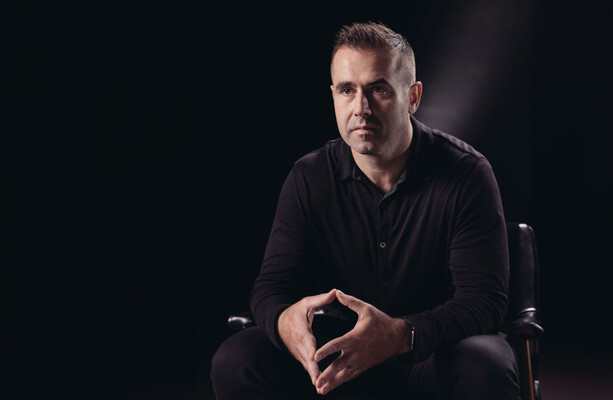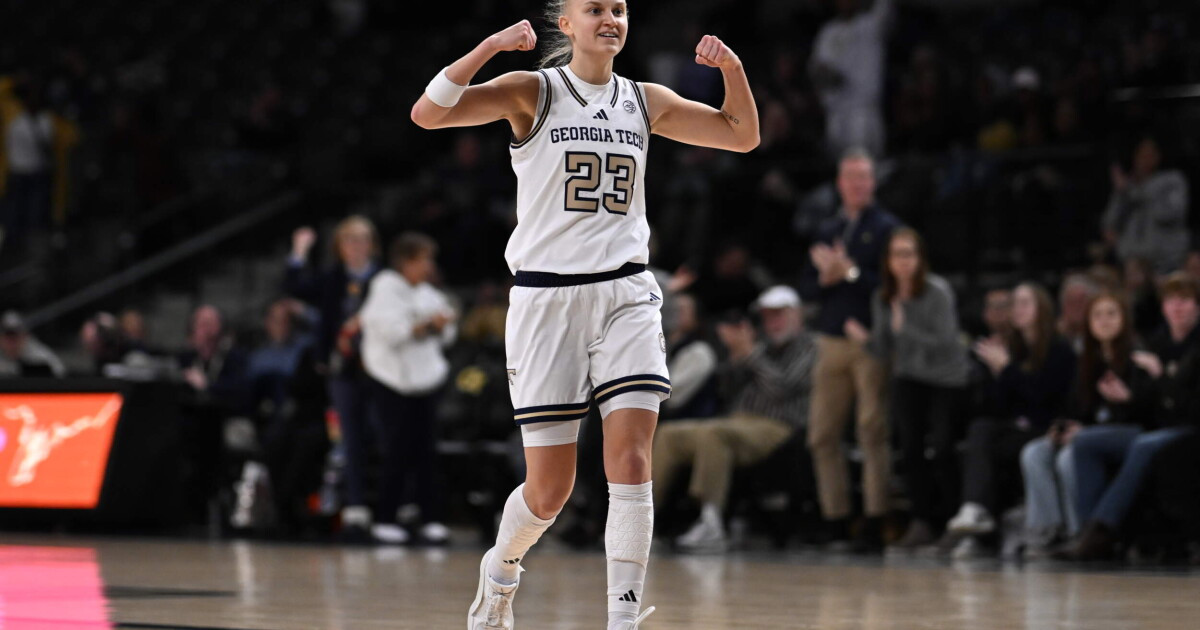'It'll always be an advantage for the IRFU but others are starting to replicate that'

AS THEY CLASH in their big Six Nations battle today in Dublin, the Ireland and England teams will be unified by one factor – their sports technology partner.Kitman Labs, founded by then Leinster S&C specialist Stephen Smith back in 2012, counts the IRFU and RFU among its clients, a long list that also includes giant leagues like the NFL and Premier League.The back-to-back World Cup-winning Springboks benefit from Kitman Labs’ technology, as does the Unión Argentina de Rugby.Smith played AIL rugby with County Carlow before becoming an injury rehabilitation coach with Leinster in 2008. It was during his seven years with the province that Kitman Labs came into being.Michael Cheika and then Joe Schmidt wanted a better understanding of why injuries were happening and how players recovered from them. Smith, whose Master’s thesis focused on predictors of athletic injury, took on the challenge and Kitman Labs was born in 2012. Leinster became the company’s first client a year later and the IRFU soon rolled out the technology across all its national teams and provinces. Before long, Kitman Labs was attracting millions of euros in funding and setting out to break the US.At the start, the main focus was helping teams to prevent injuries and improve players’ performances. Those elements remain central but Kitman’s offering has grown hugely in 13 years.These days, the ‘Intelligence Platform’ [iP] operating system collects millions of data points per year on every single athlete, which still includes medical and physical information but also data on coaching, player development, and even administration.Since 2023, Kitman Labs has been providing a centralised system for all Premier League and EFL football clubs in England to help with their development of academy players. So this is no longer just about injury prevention.Joe Schmidt with Stephen Smith in 2011. James Crombie / INPHO James Crombie / INPHO / INPHOSmith describes iP as “a technology platform that can unlock insights and value in the data across the entire ecosystem” of a sports organisation and believes Kitman Labs helps its clients to have “a 360-degree view for decision making.”The advancement of wearable technology has contributed to a huge growth in what is being fed into Kitman Labs’ system.For example, Smith remembers that during his time in Leinster, they would ask players questions like, ‘How did you sleep?’ every morning Now there are devices that can provide that info.In fact, data from more than 150 systems can be integrated into iP, including GPS, force and timing sensors, biomechanical devices, match statistics, video footage, and much more.The sheer level of data being aggregated is remarkable and it all helps Kitman Labs and its clients to figure out why certain things are working and others aren’t.On the injury prevention front, it’s also useful that have 13 years of data.“One of the things that helps is more injuries occurring,” says Smith.“The more injuries that occur and the more information we have in terms of what the athletes have been doing and how they’ve been responding through the types of training they’re participating in, the games they’re participating in, helps us understand why they’re responding in certain ways.“One thing that changes every year is that we just have more data. The data set grows and grows and grows, so our knowledge and understanding and research are improving from that.”The longevity of Irish rugby’s partnership with Kitman Labs is particularly useful.Some of the players who will feature in today’s Six Nations match have been in the system since 2013 and 2014, meaning there is over a decade of data on them.Advertisement“What we’re seeing now whether it’s Irish rugby, English rugby, or South Africa, is that there’s a huge movement to start to leverage technology and data the entirety of the way through the pathway,” says Smith.“You’re looking at kids as soon as they’re identified in national talent squads and starting to build out digital CVs for them at the earliest stage possible and carrying that through.“Part of the challenge previously in Leinster was that we’d have a player come through the academy and arrive in the first team that and we didn’t have an understanding of how they’d been training for the last year, never mind five or six years.“We wouldn’t know their medical profile, how they normally recover after a game, how they respond to this type of training or that type of training. We just didn’t have any knowledge of them, so it took a while to get to know a player.“Now you have players who come into the set-up and you have six or seven years worth of data. You can just imagine the quality of decisions you can make now, the quality of conversations the coaching staff and performance staff can have about that player. It’s the objectivity they have in their decision-making, it’s completely different.”The IRFU’s centralised system is always pointed to as a key strength, allowing the union to strictly manage its players’ workloads each season.It can cause frustration for provincial fans at times when key players are rested in order to make sure they’re in peak condition for the national team but it has been a rather unique factor in Irish rugby’s success.The centralised system is still key for Irish rugby, yet others, like English rugby, are finding solutions as data is increasingly shared between the RFU and the Premiership clubs.“It’ll always be an advantage for the IRFU but we’re starting to see others replicate that,” says Smith.“People have figured out ways to get around their structure. We’re seeing that England have now adopted the same approach even though the clubs are owned by individual owners. They’ve figured out how to collaborate and cooperate from club to country.”Ex-Leinster and Ireland back row Kevin McLaughlin. Dan Sheridan / INPHO Dan Sheridan / INPHO / INPHOKitman Labs has partnered with organisations in a wide range of sports and its website even includes a section targeted at defence forces, but rugby will always be close to the company’s heart.Smith’s fellow ex-Leinster man, former Ireland international Kevin McLaughlin, is Kitman Labs’ vice president of people and operations.Smith has known McLaughlin for 20 years and likes working with a friend who was there at the very beginning and understands what Kitman Labs is trying to achieve.“It’s also great because rugby has an incredible culture and building a company like this, we’ve always wanted to bring the best parts of our environments and that high-performance mindset to a more commercial outlet,” says Smith.“He is a driving force behind that and he always makes sure none of us get too big for our boots!”There is an understandable pride that some huge organisations have chosen to partner with Kitman Labs, particularly given that it took nerve to go after the American market.Smith is excited to try and continue that growth. He would love Kitman Labs to end up as a partner to all of the top 20 leagues across all global sports.“We believe that analytics and research can play an enormous role in every aspect of the athletic life cycle, whether it’s talent ID and finding the best athletes, to the decisions that need to be made to develop that talent, to the decisions that need to be made to keep them performing well and keeping them healthy,” he says.“We believe that research, insights, and data should be ubiquitous through that life cycle for an athlete. That’s still our crazy, cool mission to be working on every day.”Just don’t ask Smith to pick a winner today in Dublin.“Our job is to support them – we’re not going to pick any favourites!”












